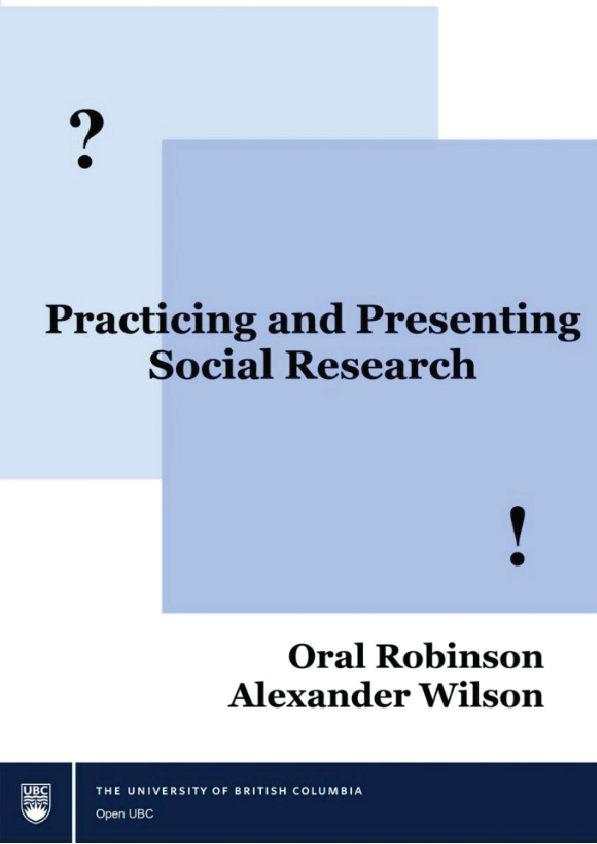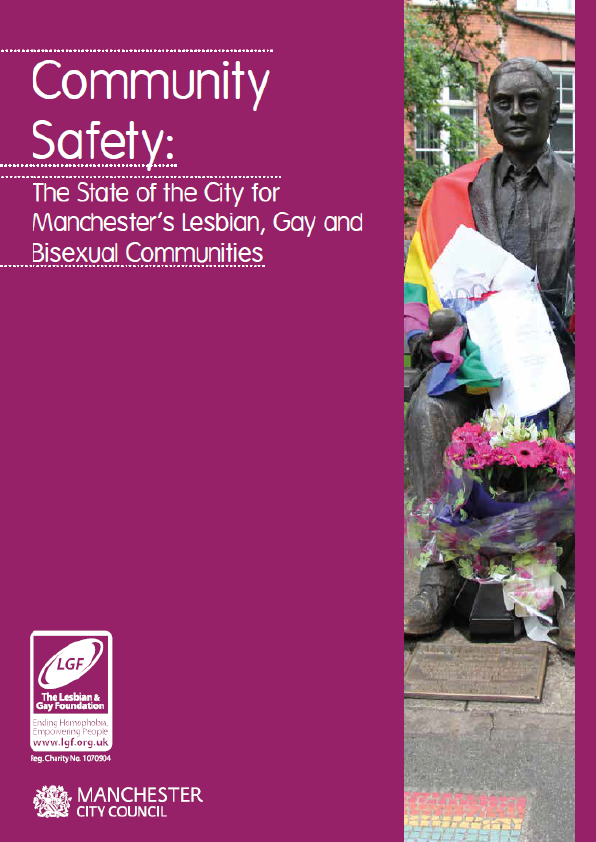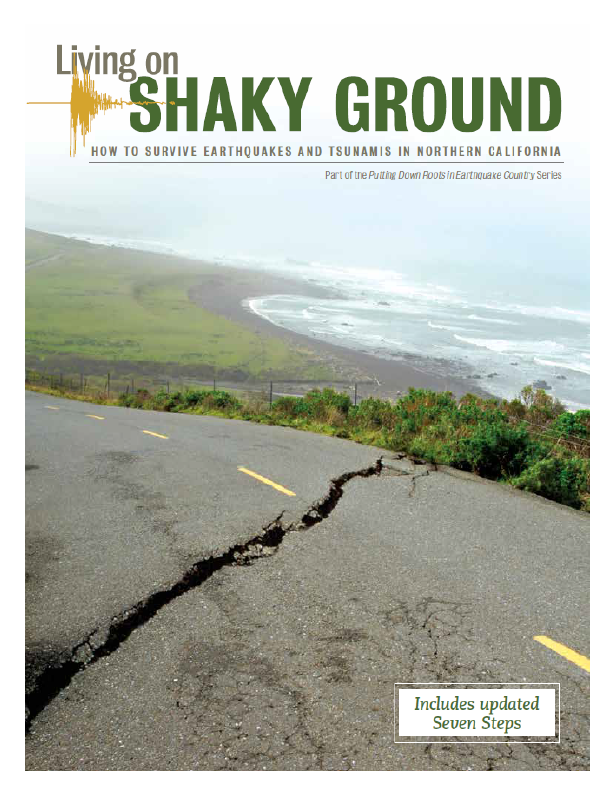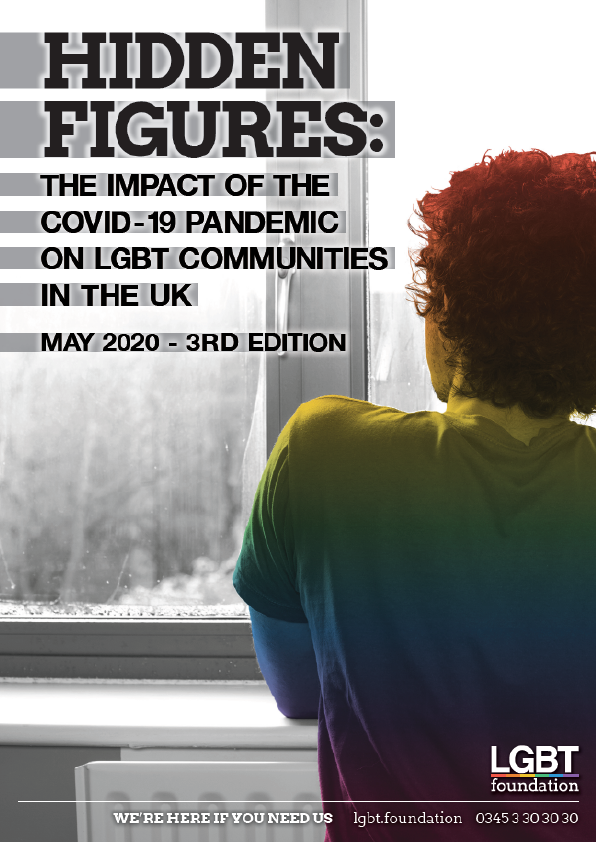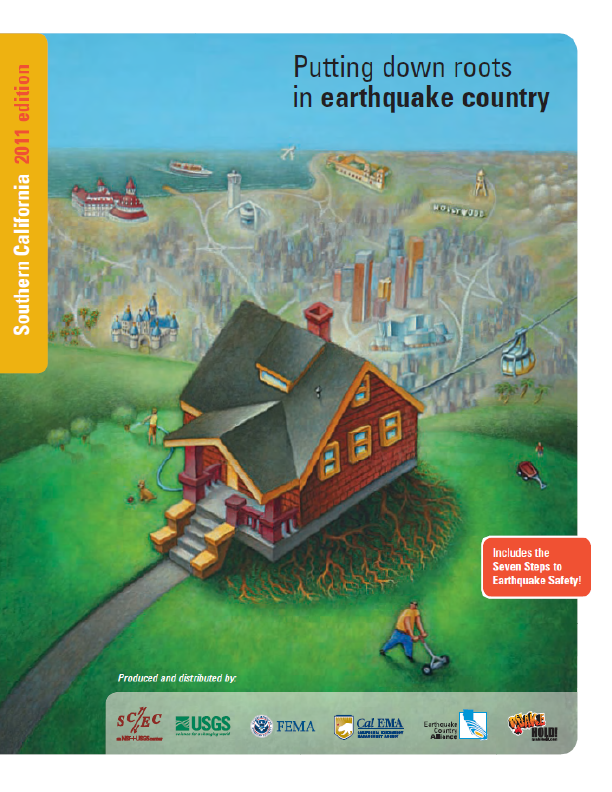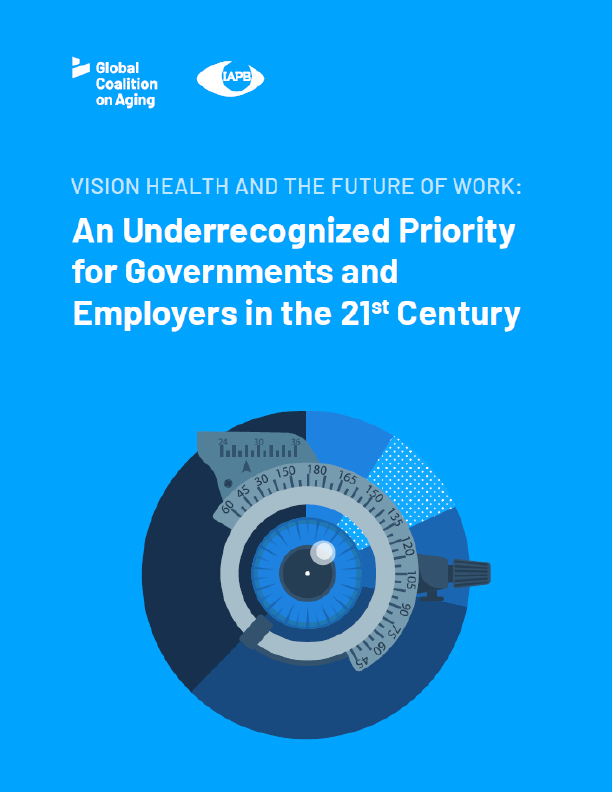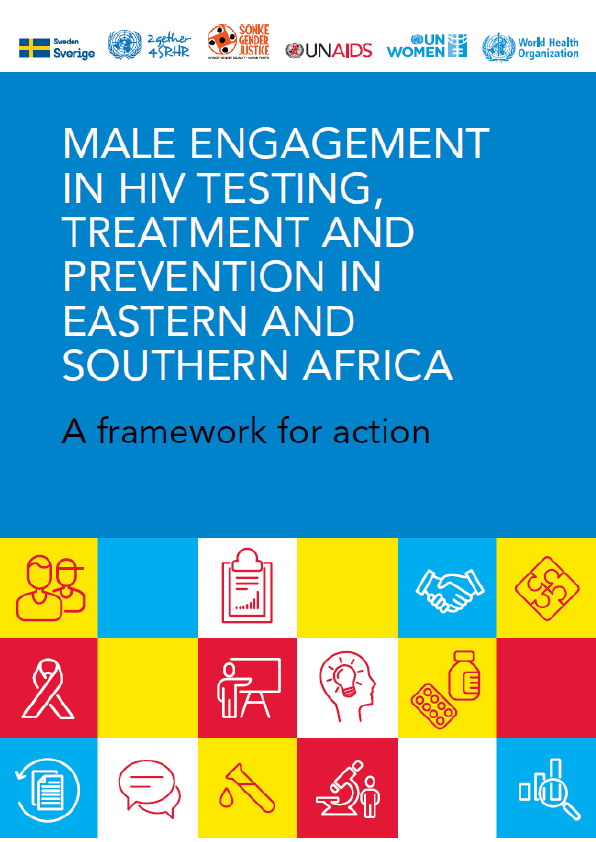This manual is designed for undergraduate students who are thinking about doing research in the social sciences and other disciplines. We purposely designed the manual with the help of feedback from students who previously undertook honours research at the undergraduate level to ensure this was not your standard research methods text, but a friendly companion to the research journey. Hence, you will not find detailed coverage of research methods or expansive discussions of concepts. Instead, the manual is arranged to loosely resemble the organization of an undergraduate research project. We have opted to offer references and links to resources that will help you dive deeper into conceptual, theoretical and methodological content throughout the book and at the end of each chapter. We purposely designed the manual with the mindset of you trying to complete your research project in 8 months (between September and April). Of course, the manual is still useful if your project has a longer (or even shorter) time horizon. To meet this goal, the topics covered in this manual are intended to mimic the steps you would take to complete your project. We also tried to write the text using the simplest language possible, with many practical examples, templates and checklists so that it is accessible to you, regardless of your competence. Our aim is that this manual will serve as both a source of reference, a handbook and a guide throughout your research process.
Have you been thinking about doing research? Presumably, you are feeling a mix of excitement and apprehension. Indeed, doing research and arriving at answers to complex social questions is an exciting endeavour. At the same time, research entails many uncertainties that might make you apprehensive e.g., will the data you get be sufficient to answer your question? Will you be able to recruit the sample that you want? Whatever your thoughts are about this process, they are valid; experiencing mixed emotions are part of the research process. The purpose of this manual is to help you think about your research idea and design your study in the best possible way to obtain evidence to answer the question. We hope to help you become more confident about all phases of the research process, from conceiving your question, developing your literature review and methodology, conducting analyses, to contributing your conclusions and findings with various audiences.
Before you begin your research, please read this chapter carefully. A common mistake among young researchers is the tendency to rush ahead with their study without carefully thinking through the research question, study design, and analytical tools and types of data needed to draw credible conclusions. Such a mistake is difficult, if not impossible, to address at the end of the study.
These are questions that you have probably thought about or are still thinking through. If you have not thought about them, take a moment to do so. You might get additional clarity and motivation to move ahead with your study. While you are pondering the questions above, be assured research can be daunting, even for seasoned social scientists. We recognize that you might be feeling insecure about a perceived inability to conceptualize and develop a research project, or about your training in data collection or analysis or writing. You might feel outside your comfort zone or a sense of imposterism. Those feelings are normal. We hope that after reading this chapter, you will feel more confidently about undertaking social science research. Locating yourself is an important step in the research process. Hence, we begin with a discussion on reflexivity and positionality.
